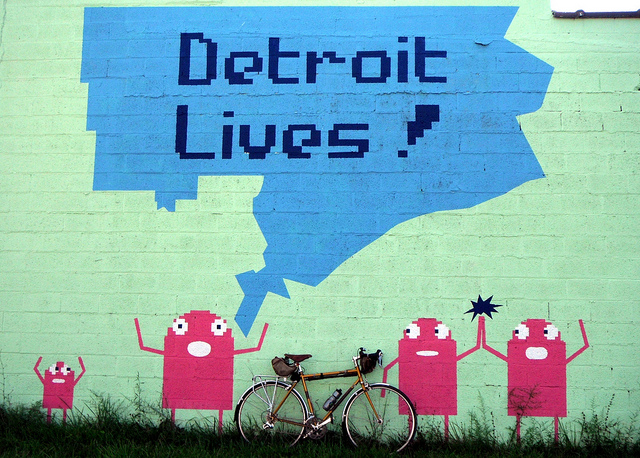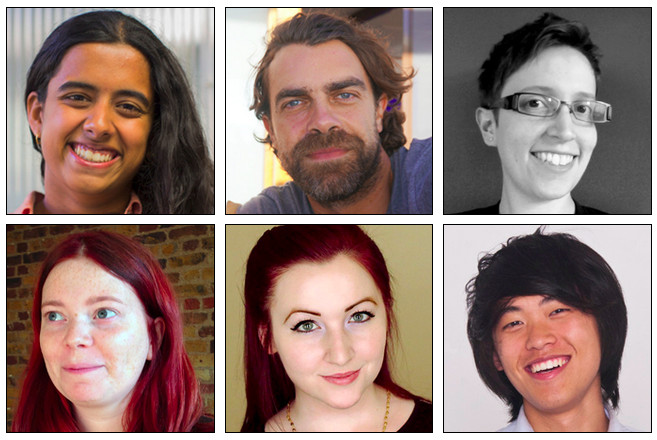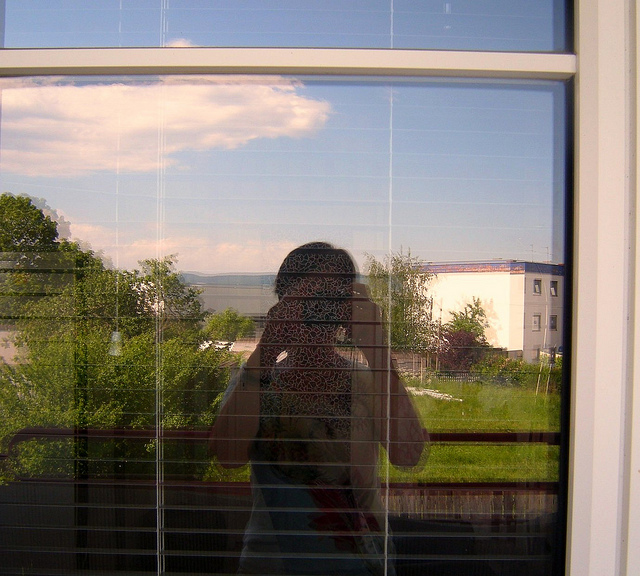Heading to the AMC
Submitted by erika on Mon, 06/15/2015 - 17:23
I am so excited to be heading back to the Allied Media Conference this year. And not just that, but I get to facilitate a session with Knight-Mozilla Fellow alum Gabriela Rodriguez while two of our current fellows Tara Adiseshan and Francis Tseng facilitate a session of their own.



